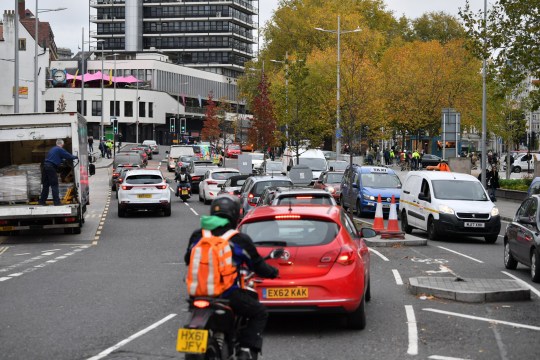
Upfest is back next year and this time it has added a brand new location to the lineup in South Bristol.
In addition, the organisers of Europe’s largest street art festival have moved the dates forward for 2020.
The street artwork will be painted between the 16th and 27th of May before the main event itself takes place on 30th and 31st of May.
The final day of public viewing will be on June 1st.

Upfest will now also take over the entirety of Greville Smyth Park in addition to its original, neighbouring venue, The Tobacco Factory.
The festival took a break in 2019 after celebrating its 10th anniversary the previous year with a Simpsons theme.
The event attracts 400 artists from around the world and draws more than 50,000 visitors to Bedminster.
Organisers say it costs £125,000 to run Upfest and fundraising is often needed to help cover costs like artists’ materials, insurance, first aid and cleaning.
Artist registration opens on December 1st.





















